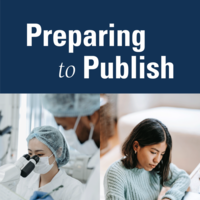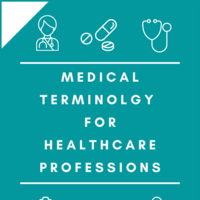Search
Books+
Searching 1,730 books
Search related to the career Medical Writer
Responsibilities of a Medical Writer:
1. Research: Conduct thorough research on medical topics, including diseases, treatments, pharmaceuticals, and clinical trials.
2. Writing: Create clear, concise, and accurate medical content for various purposes such as scientific articles, research papers, regulatory documents, patient education materials, and marketing materials.
3. Review: Review and edit medical documents for grammar, style, clarity, and adherence to guidelines and regulations.
4. Collaboration: Collaborate with healthcare professionals, researchers, and subject matter experts to gather information and ensure accuracy of medical content.
5. Adherence to Guidelines: Follow relevant guidelines and regulations, such as those provided by regulatory bodies, journal publishers, and pharmaceutical companies.
6. Stay Updated: Keep abreast of the latest medical advancements, research findings, and industry trends to ensure the accuracy and relevance of medical content.
7. Medical Terminology: Utilize appropriate medical terminology and ensure the content is understandable for the intended audience, which may include healthcare professionals or the general public.
8. Formatting: Format documents according to specific guidelines, such as those provided by scientific journals or regulatory agencies.
9. Project Management: Manage multiple writing projects simultaneously, ensuring deadlines are met and deliverables are of high quality.
10. Adaptation: Adapt complex scientific information into accessible content for different audiences, such as patients, healthcare providers, or regulatory authorities.
11. Quality Control: Ensure accuracy, consistency, and integrity of medical content by fact-checking, verifying references, and cross-referencing information.
12. Compliance: Ensure compliance with ethical standards, confidentiality, and privacy regulations when dealing with sensitive medical information.
13. Client Communication: Communicate effectively with clients, understanding their requirements, addressing their concerns, and providing updates on project progress.
14. Continual Learning: Engage in ongoing professional development to enhance medical writing skills and stay updated with industry standards and best practices.
Source: Various AI tools

















